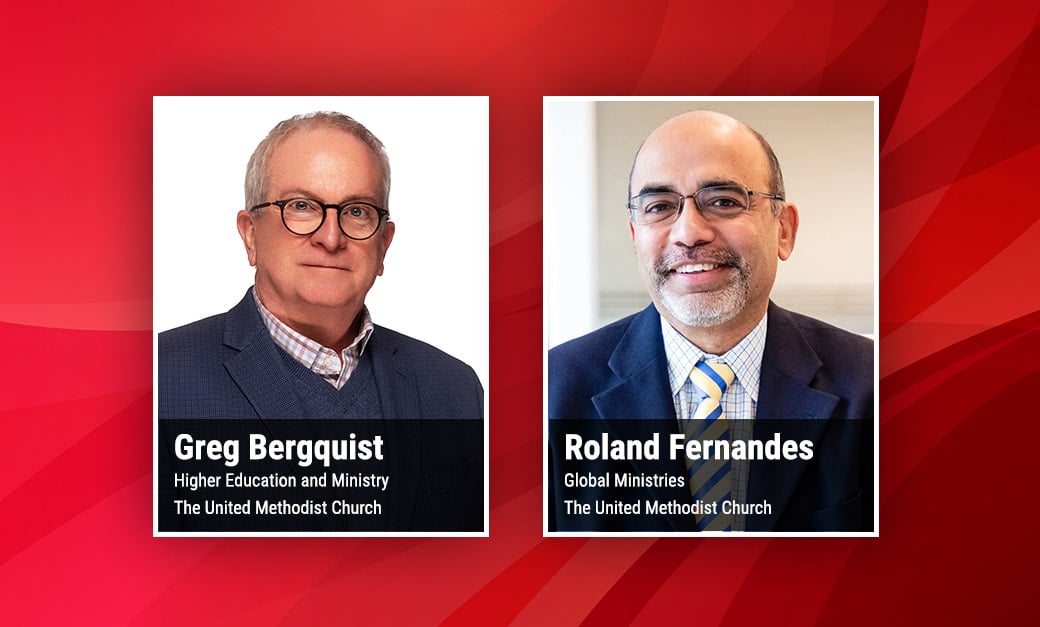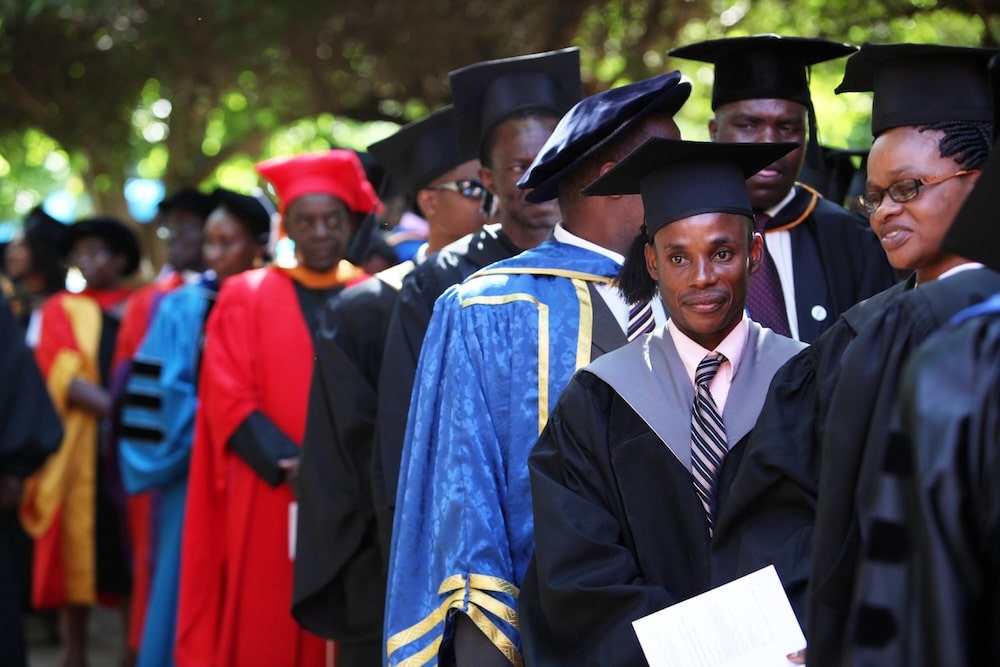Endorsement is a term of art used by government agencies, professional associations, and employers to denote that a person is ecclesiastically qualified and authorized to provide religious ministry in a specialized setting as a representative of his or her faith group.
To those outside the church, endorsement signifies that a person is spiritually rooted, ecclesiastically accountable, pastorally proficient, able to work collegially in a pluralistic environment, and committed to providing appropriate spiritual care for all eligible constituents.
Within the United Methodist Church, endorsement affirms that an individual is eligible to be appointed to an extension ministry or an appointment beyond the local church under the provisions of ¶344.1.b or ¶331.4.b of the Book of Discipline. UMEA also provides ecclesiastical approval for clergy serving as volunteer chaplains in several capacities.
The United Methodist Endorsing Agency currently endorses over 750 clergy to serve under appointment in specialized pastoral care settings. Over 300 more are approved to serve as volunteer chaplains.
Endorsement for professional lay chaplains and counselors is not currently authorized.
United Methodist Clergy may be endorsed for the following settings:
Children’s home chaplain
CPE educator
Healthcare chaplain
Law Enforcement / Fire / Emergency Services chaplain
Life coach
Military chaplain (active and reserve component)
Prison / Corrections chaplain
Retirement community chaplain
Spiritual director
Therapeutic counselor
Workplace chaplain
Other specialized ministries of pastoral care
Additional volunteer chaplain opportunities exist in:
Civil Air Patrol
Coast Guard Auxiliary
State Guard
Yes. Pastors interested in serving in the Reserve or National Guard should discuss their interest with the Staff-Parish Relations Committee and their District Superintendent before pursuing endorsement. Service in the Reserve imposes burdens on the congregation and wider church and requires that everyone be on board. See our guides for Reserve Component Chaplains and Church Leaders for more detailed information.
The military Chaplain Candidate program allows seminary students the opportunity to be commissioned as military officers, receive training, and participate in chaplain learning experiences. Chaplain Candidates do not serve as chaplains; the program is designed to provide a learning experience for those exploring a future call to military chaplaincy, either on active duty or with the reserve components.
To receive UMEA’s endorsement for the military Chaplain Candidate program, an applicant must be enrolled in a seminary approved by the University Senate and be enrolled the church’s own candidacy program for those pursuing ordination.
The relationship with one’s own annual conference continues to be the primary point of belonging, support, and accountability for all endorsees. The responsibilities inherent in this relationship flow two ways. See Relationships, Resources and Responsibilities for a detailed discussion of conference relationships.
Endorsees must keep UMEA informed of changes in their contact information, employment status, and appointment status. Send changes to umea@gbhem.org.
All endorsees serving under appointment in their approved settings are required to submit an annual report to UMEA during the 4th quarter of every calendar year in the manner directed by the endorsing agency. Questions regarding the annual report should be sent to umea@gbhem.org.
Endorsement and appointment work in tandem.
If you are no longer appointed to the setting for which you have been endorsed, your endorsement becomes inactive. If, for example, you go on a leave of absence or receive an appointment only to a parish setting, there is a break in your endorsement. You must report these changes to UMEA. To return to an endorsed setting, speak to UMEA about reactivating your endorsement.
If you voluntarily or involuntarily lose your clergy credentials in The United Methodist Church, your endorsement is terminated.
Clergy in a retired status may apply for endorsement and retired endorsees ordinarily retain their approval for endorsement. Retirees may continue to receive the documentation they need for board certification or employment applications. However, retired endorsees are normally considered inactive. Retirees appointed by their bishops to serve in their approved settings may be granted active endorsement on a year-by-year basis by requesting it in their annual reports.
Changing your endorsed setting requires UMEA approval. Each situation is unique. Should you wish to change settings, we will review your request. Approval is not automatic and may be conditional. Speak to UMEA about what would be required to add an additional setting to your endorsement record.
Endorsement may be withdrawn for cause in coordination with the endorsee’s bishop, in accordance with the policies and procedures established by the GBHEM Board of Directors.
UMEA does not withdraw military endorsements for the convenience of the endorsee to avoid deployments, reassignments or other lawful military orders. Endorsees wishing to leave military service should follow standard service procedures for release from active duty, unqualified resignation or retirement.
No. Clergy within the United Methodist connection may only be endorsed by UMEA. To accept endorsement from another endorsing agency may endanger your clergy standing in The United Methodist Church.
If you are endorsed by another endorsing agency and want to be endorsed by The United Methodist Church, the first step is to achieve clergy status within the UMC. Speak to the local United Methodist district superintendent to discuss the possibility of receiving you into the annual conference as a member of the clergy. Each situation is unique, and the path will vary from person to person. Additional classes in United Methodist studies are almost always required, along with other administrative requirements outlined in The Book of Discipline. Clergy transferring into the United Methodist connection and currently endorsed in good standing with another endorsing agency may be received into UMEA’s endorsement when the transfer is complete.
If you are endorsed by UMEA and wish to transfer your endorsement to another endorsing agency, understand that you will be severing your clergy relationship with The United Methodist Church. For those transferring out, UMEA will coordinate with the gaining endorser to provide, whenever possible, a seamless transition to the new endorsement.
The Chaplains Supplemental Pension Grant Fund was established by General Conference to provide limited retirement benefits for endorsed clergy who were not eligible to receive pension benefits from their employers.
Eligible clergy must have been endorsed and appointed by their bishops to an approved setting during the qualifying period of service. Endorsees in every approved setting are eligible to apply; the word “chaplain” does not need to appear in the job title.
The fund, which receives no apportionment dollars, is administered by both the United Methodist Endorsing Agency and the Wespath. GBHEM’s Board of Directors sets policies and grant amounts every year based on the health of the fund. The program brochure is here. The application is available here.
The best way to contact UMEA is by email at umea@gbhem.org. If you would like to speak by phone, include a call back number.
Please avoid sending postal mail to UMEA. Staff members work remotely, and the use of postal mail will delay your communication.







